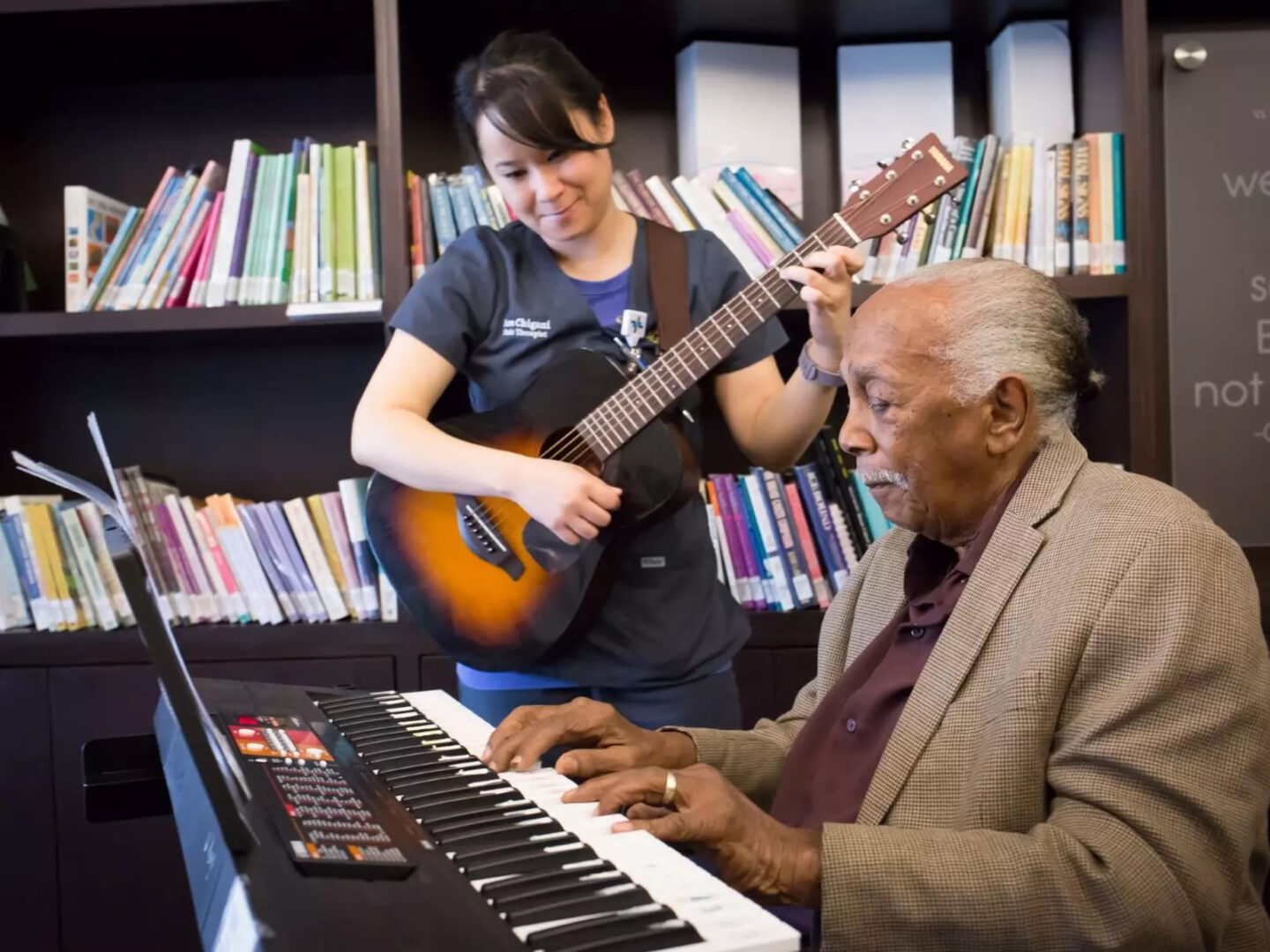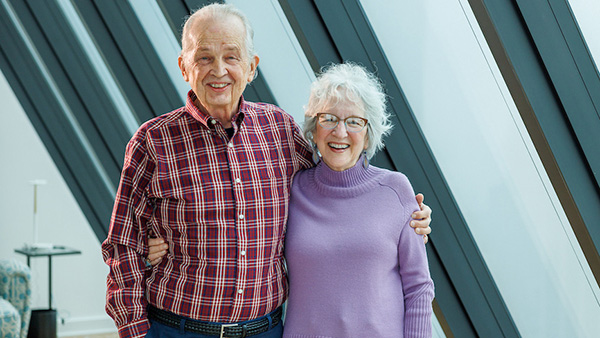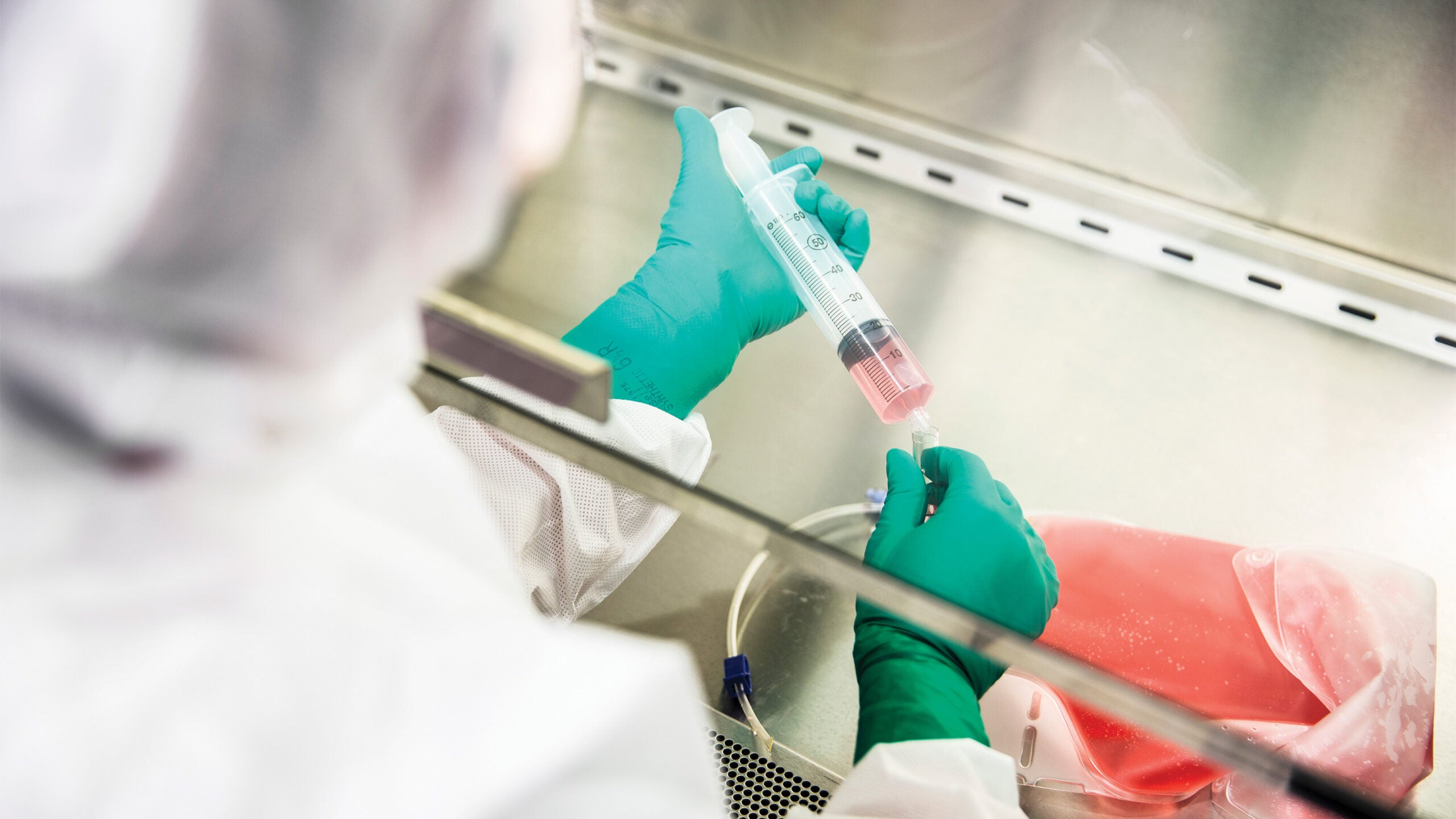Baylor Scott & White Research Institute and Baylor Scott & White Health are at the forefront.
As the world learns more about SARS-CoV-2, the virus that causes COVID-19, Baylor Scott & White Research Institute and Baylor Scott & White Health are gathering important knowledge about the treatment and possible prevention of this disease.
Studies sponsored by pharmaceutical companies are helping clinicians to understand how drugs originally created for other purposes might be used to help people battling this virus. Baylor Scott & White Research Institute activated trials at three sites, including Baylor University Medical Center, for an antiviral called remdesivir. The Baylor Scott & White locations were chosen to be among a select group of sites nationwide to receive doses of the drug from pharmaceutical company Gilead, with the goal of seeing if it can improve health, and understanding how long it stays in the body. Remdesivir has been shown to have promise based on early reports from similar trials. It is being studied nationwide in patients with both moderate and severe COVID-19 symptoms. Other industry-sponsored trials are studying drugs that may help reduce pulmonary or respiratory inflammation among COVID-19 patients.
Through generous privately funded support of other studies being led by Baylor Scott & White Research Institute, additional knowledge is being gathered and assessed to help advance understanding of this devastating virus. One study seeks to examine how convalescent plasma—a blood byproduct from recovered COVID-19 patients—can be used to fight the disease in infected patients. Another is investigating the use of the drug isunakinra to potentially reverse complications of COVID-19 in hospitalized patients with severe hyperinflammatory syndrome caused by the virus.
Other research initiatives focused on studying the immune system and its response to COVID-19 include one designed to learn more about the antibodies produced by the immune system when faced with COVID-19. Similarly, another study of the IMM-101, an immunity-based vaccine originally developed for the treatment of cancer, seeks to understand its efficacy in possibly preventing and treating people with COVID-19.
Baylor Scott & White’s focus is not solely on treatment of COVID-19 once infection takes place; the research program is also running multiple trials looking into whether pharmaceuticals like hydroxychloroquine, a drug developed to fight malaria, is effective for healthcare workers to take to prevent the infection of COVID-19 in their own bodies.
Additionally, the program is committed to understanding the psychological impact of COVID-19 through a philanthropically funded study that will help researchers determine the enormous psychological impact this pandemic has on society, but more importantly, how individuals are coping and finding mental resilience. Studies focused on similar events (SARS, MERS and H1N1 outbreaks) suggest that individuals may experience a wide range of psychological symptoms, including increased anxiety, depression and post-traumatic stress disorder. Social distancing, isolation and quarantine—all important elements of the global plan to mitigate and reduce the spread of infection—may result in a wide range of psychological response. This study, which enrolled participants through the MyBSWHealth app, aims to gain a greater understanding of the impact this pandemic has had on mental health.
“It’s so important for people to get involved and help fund studies like these,” said Jaime Walkowiak, chief operating officer of Baylor Scott & White Research Institute and chief research executive
of Baylor Scott & White Health. “This is exciting research that is going to make an impact on the way we practice healthcare going forward.”
For more information on opportunities to help fund research that will advance care for COVID-19 and beyond, please contact Sarah Burdi at 214.820.4721 or Sarah.Burdi@BSWHealth.org. If you have tested positive for COVID-19 and have since recovered, please contact Carter BloodCare for information about donating plasma that can possibly be used to help others struggling with the disease.








